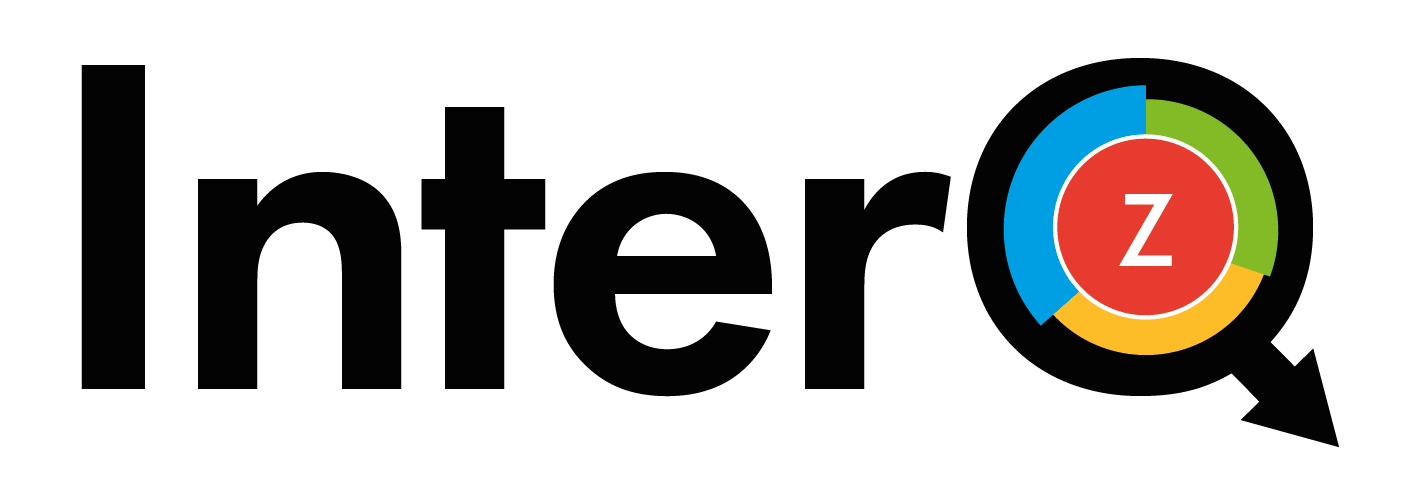About SEA4DQ
Cyber-physical systems (CPS) have been developed in many industrial sectors and application domains in which the quality of the data acquired and used for decision support is a common factor. Data quality can deteriorate due to factors such as sensor faults and failures due to operating in harsh and uncertain environments.
How can software engineering and artificial intelligence (AI) help manage and tame data quality issues in CPS?
This is the question we aim to investigate in this workshop SEA4DQ. Emerging trends in software engineering need to take data quality management seriously as CPS are increasingly data-centric in their approach to acquiring and processing data along the edge-fog-cloud continuum. This workshop will provide researchers and practitioners a forum for exchanging ideas, experiences, understanding of the problems, visions for the future, and promising solutions to the problems in data quality in CPS.
Topics of Interest
- Software/hardware co-design and architectures and frameworks for data quality management in CPS
- Software engineering and AI to detect anomalies in CPS data
- Software engineering and AI to repair erroneous CPS data
- Software tools for data quality management, testing, and profiling
- Public sensor datasets from CPS (manufacturing, digital health, energy,...)
- Distributed ledger and blockchain technologies for quality tracking
- Quantification of data quality hallmarks and uncertainty in data repair
- Sensor data fusion techniques for improving data quality and prediction
- Augmented data quality
- Case studies that have evaluated an existing technique or tool on real systems, not only toy problems, to manage data quality in cyber-physical systems in different sectors.
- Certification and standardization of data quality in CPS
- Approaches for secure and trusted data sharing, especially for data quality, management, and governance in CPS
- Trade-offs between data quality and data security in CPS










